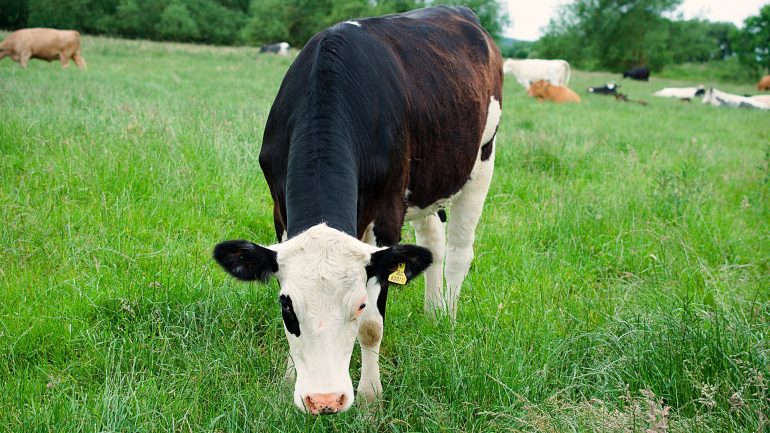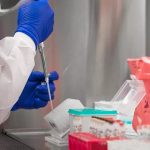
Danone has signed up to use an Ajinomoto lysine formulation methane reduction product called AjiPro-L in its farms.
Danone and Japan-based food manufacturer Ajinomoto Group have joined forces to cut greenhouse gas (GHG) emissions in the French giant’s milk collection network.
The Activia and Actimel owner has signed up to use AjiPro-L, a supplement used in cow feed, at the farms from which it collects milk.
Figures cited by the companies suggest AjiPro-L decreases nitrous oxide emissions from manure by approximately 25%. If AjiPro-L is combined with a methane-reduction additive, the supplement can amplify the effect of the additive by approximately 30%, a statement annnouncing the tie-up said.
Dairy companies like Danone are aware livestock is a major source of methane and are seeking ways of reducing emissions.
Six of the world’s largest dairy companies – including Danone – last year unveiled an alliance to cut methane emissions at the United Nations COP28 summit.
Danone and Ajinomoto have signed a memorandum of understanding and plan to use the supplement at the Danette brand owner’s own farmers in Egypt and Morocco, as well as contracted farmers in Spain, Brazil and the US.
In a statement, the companies said: “AjiPro-L effectively delivers lysine, an essential amino acid, to the cow’s digestive system, where it can be absorbed as a nutrient. The innovative product plays a pivotal role in reducing feed costs for farmers and reducing a broad spectrum of GHG emissions from the industry.”
The companies suggest the supplement helps to reduce the amount of high-protein, high-cost feed, such as soybean meal, which contains excessive amino acids, in a cow’s diet while maintaining milk production. They said the supplement can have an effect on carbon emissions because of the carbon dioxide generated during the cultivation and procurement of soybean meal.
Jean-Yves Krummenacher, chief procurement officer at Danone, said: “With partners like Ajinomoto Co., we are expanding our toolkit of solutions that we bringing to our dairy farmers that have a dual effect – on the one hand reducing on-farm GHG emissions, whilst on the other, supporting farmers to improve their margin, and as a result, boost their resilience.”
Sumio Maeda, executive officer and vice president at Ajinomoto’s Bio & Fine Chemicals division, added: “Leveraging our expertise in amino acids, we developed the AjiPro-L solution to help reduce feed costs and GHG emissions not only for our partners but for the entire dairy and beef industry.”
Last November, Danone became a corporate funder of the Global Methane Hub’s Enteric Fermentation R&D Accelerator.
The accelerator, which has raised $200m in funding, aims to create new scalable and practical solutions for dairy farmers to reduce methane emissions.
It will “invest in breakthrough research and innovation to create new scalable and practical solutions for livestock farmers that can mitigate enteric fermentation, which is the digestive process of ruminant livestock”.
Danone has set a target of zero net carbon emissions by 2050. In January 2023, it said it intended to cut the methane emissions generated by the fresh milk it uses in its products by 30% by 2030.
You can now read the most important #news on #eDairyNews #Whatsapp channels!!!
🇺🇸 eDairy News INGLÊS: https://whatsapp.com/channel/0029VaKsjzGDTkJyIN6hcP1K

























